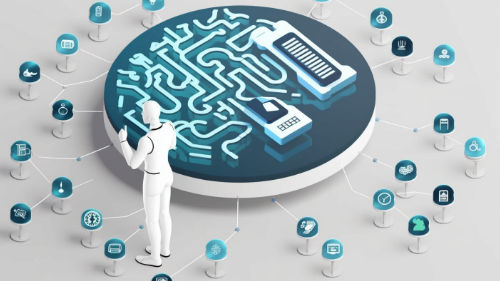Efficacy vs. Cost: The Role of AI in Medical Information Extraction
Although GPT models have revolutionized many aspects of artificial intelligence, their efficacy in the field of medical information extraction is limited, especially compared to more specialized and cost-effective models. Information extraction tasks, such as identifying specific details in clinical notes or medical research, are crucial in healthcare. Specialized models in the healthcare sector, while they may be less well-known than the popular GPT models, offer significantly higher accuracy at a much low…

Although GPT models have revolutionized many aspects of artificial intelligence, their efficacy in the field of medical information extraction is limited, especially compared to more specialized and cost-effective models. Information extraction tasks, such as identifying specific details in clinical notes or medical research, are crucial in healthcare.
Specialized models in the healthcare sector, while they may be less well-known than the popular GPT models, offer significantly higher accuracy at a much lower cost. For example, in tasks like de-identifying patient data or extracting social determinants of health, these specialized models outperform GPT models in terms of precision and efficiency.
In practice, this means that for critical tasks like reviewing clinical histories and identifying disease patterns, specialized models provide more reliable results. This is essential not only for patient treatment and follow-up but also for research and development of new therapies and medications.
Furthermore, the lower operational cost of these specialized models allows for their large-scale implementation, making them accessible to a wider range of healthcare institutions. This democratizes access to high-quality AI tools, opening up new possibilities in healthcare and research.
The value of these specialized models is also reflected in their ability to efficiently handle large volumes of data. In an environment where the volume of healthcare data is growing exponentially, the ability to process and analyze this information quickly and accurately is invaluable.
In summary, the choice of AI tools in the healthcare sector should be based not only on novelty or popularity but on efficacy, precision, and cost. By doing so, healthcare professionals can ensure they are using the best available technology to improve patient care and advance in the medical field.